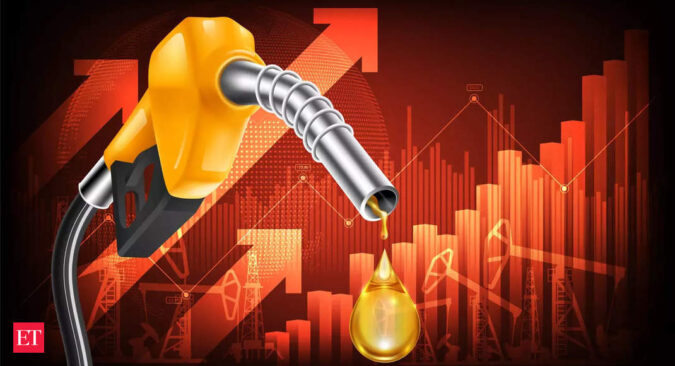The extension of rules may discourage some Indian refiners, mainly private companies, from buying Russian fuels for re-exports to countries including those in Europe that have stopped purchases of refined products from Russia due to its invasion of Ukraine.
Russia has already become the top supplier of crude to India, accounting for 28% of India‘s crude imports, up from less than 1% in 2021. India’s imports of Russian refined products have also risen to record levels in recent months, though mostly limited to fuel oil. They may soon expand to petrol and diesel.
India has been a net exporter of refined products for years and has shifted its exports away from Southeast Asia since the middle of last year towards the western markets, where realisations were better. Russian oil makes up nearly a quarter of crude processed in India now. This has triggered criticism in the western press that Indian refiners were defeating the purpose of sanctions by supplying products processed from Russian crude to the US and Europe.
India, the world’s third-largest oil consumer, imposed a windfall tax on refined fuel exports last year and mandated that companies sell the equivalent of 50% of their gasoline exports and 30% of their diesel exports domestically in the current fiscal year to March 31.
However, effective March 4, the government slashed the windfall profit tax on the export of diesel to its lowest of Rs 0.50 per litre and nil on jet fuel (ATF) while the levy on domestically produced crude oil was marginally increased. The export levy on diesel and ATF is the lowest since the tax was introduced in July last year.
